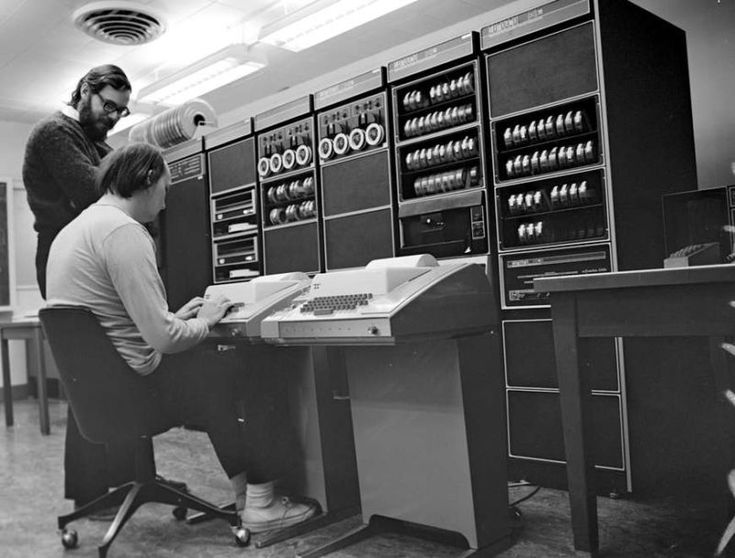The history of UNIX is filled with moments of ingenuity, but its name itself comes from an unexpected source—a joke. In the late 1960s, when Ken Thompson was developing an early version of the operating system, it initially supported only one user: himself. This led Peter Neumann, a security researcher at Stanford Research International, to make a sharp-witted observation.
He quipped that this early system was an “emasculated Multics”—a reference to Multics (Multiplexed Information and Computing Service), a complex and ambitious operating system that UNIX was, in some ways, simplifying. The joke led to the name “UNICS” (Uniplexed Information and Computing Service), playing on the contrast between Multics’ multi-user capabilities and this new system’s more minimalistic approach.
Over time, the spelling changed, and the system became UNIX. But that offhand joke from a security researcher would define one of the most influential operating systems in computing history.
Why This Matters Beyond Just a Name
This naming story reflects a broader truth about UNIX and security: it was born from both necessity and simplicity. Unlike Multics, which was designed with complex access controls and built-in security features, early UNIX was stripped down—fast, efficient, and direct. This lightweight nature made it powerful and adaptable, but it also introduced security gaps that would later have to be addressed as UNIX spread across academic, enterprise, and personal computing.
A Lesson for Today’s Developers
The UNIX story serves as a reminder that:
- Simplicity often wins in technology. UNIX thrived because it was lightweight and efficient, not burdened by unnecessary complexity.
- Security should never be an afterthought. Early UNIX was not designed with robust security in mind, leading to later vulnerabilities as it became a global standard.
- Great technology often starts as a personal tool. What began as an operating system for just one person—Ken Thompson—became the foundation for modern operating systems, including Linux and macOS.
Even the most sophisticated systems can have humble, even humorous beginnings. In this case, a simple joke about an “emasculated” operating system became one of the most enduring names in computing history.








